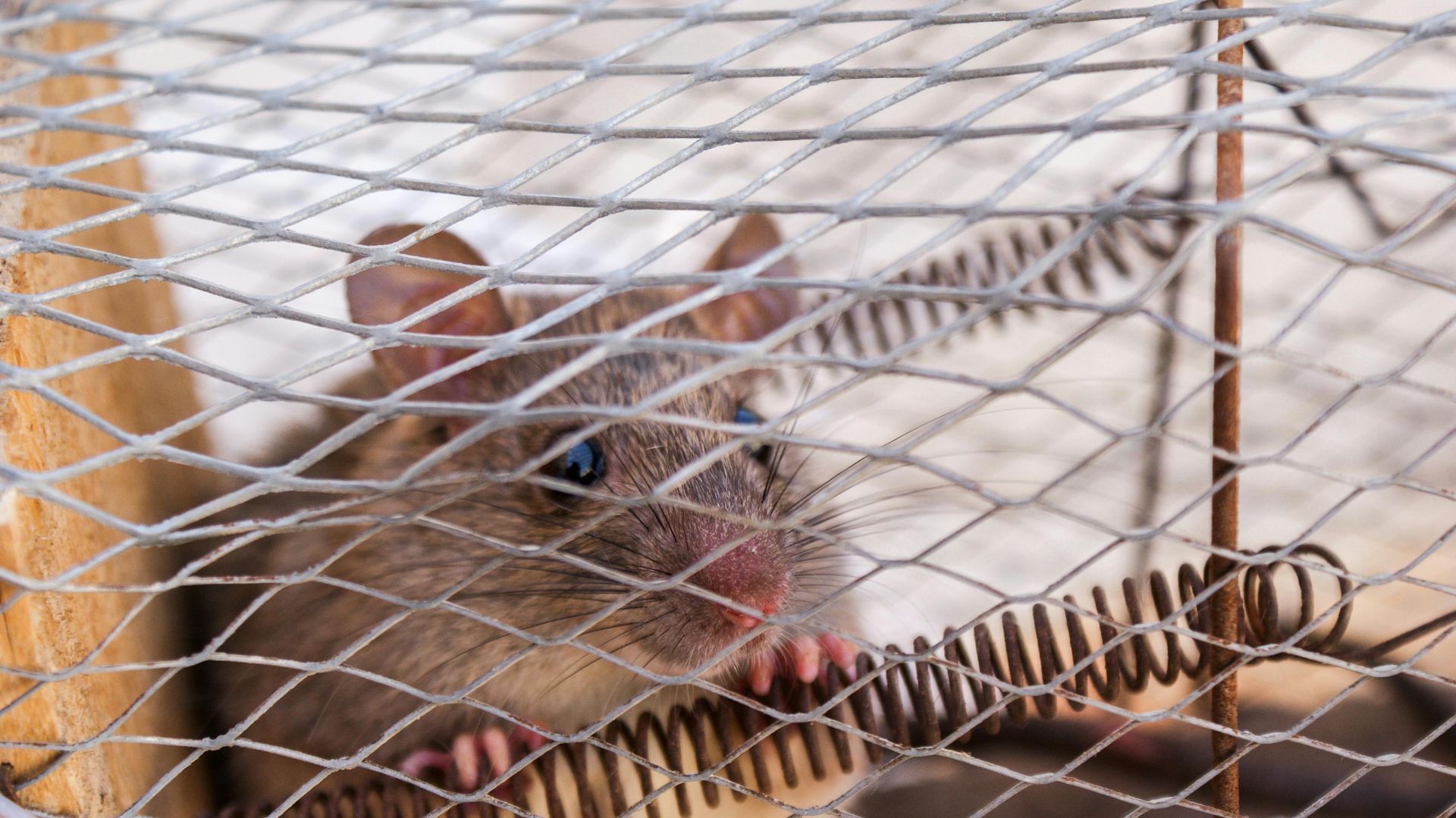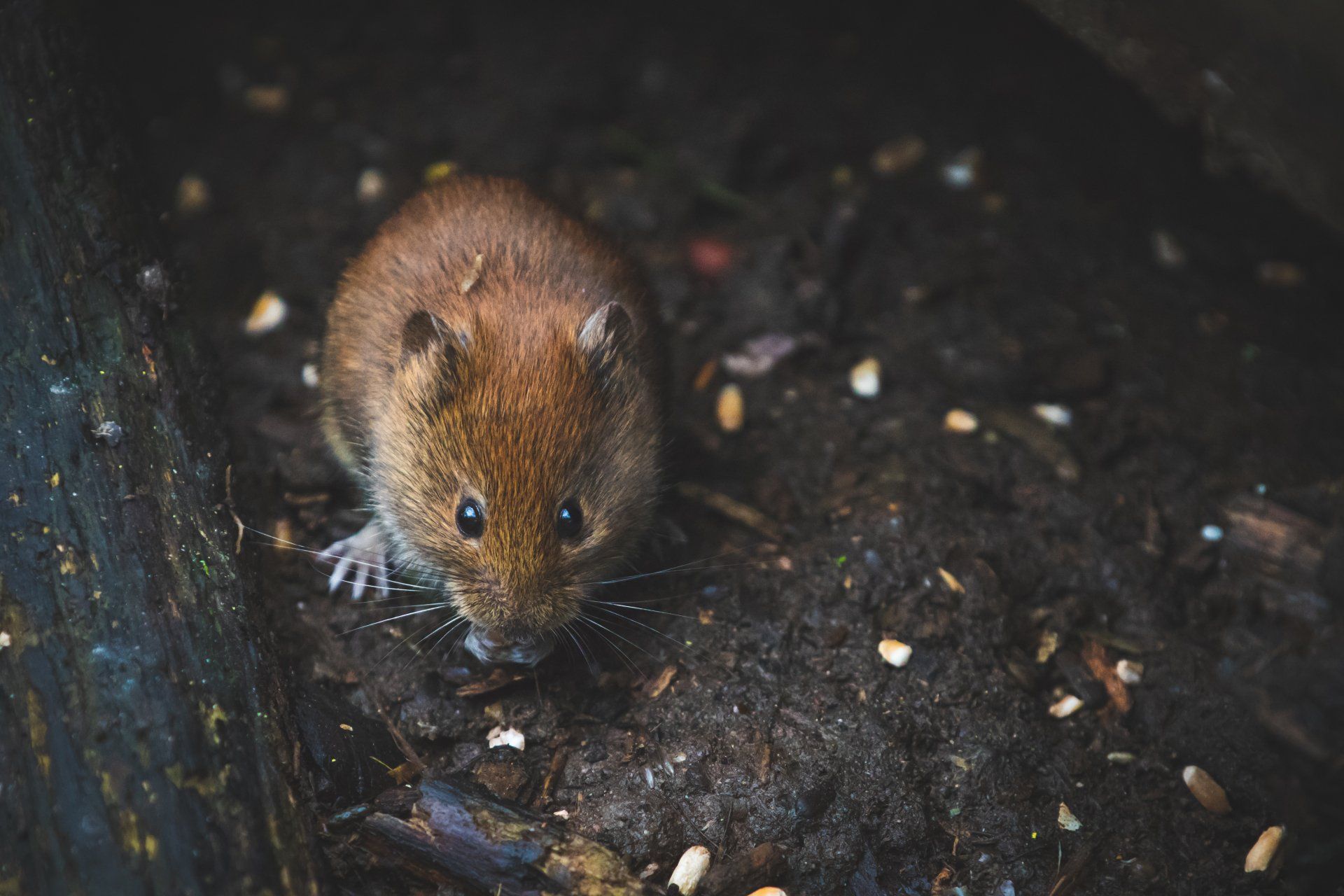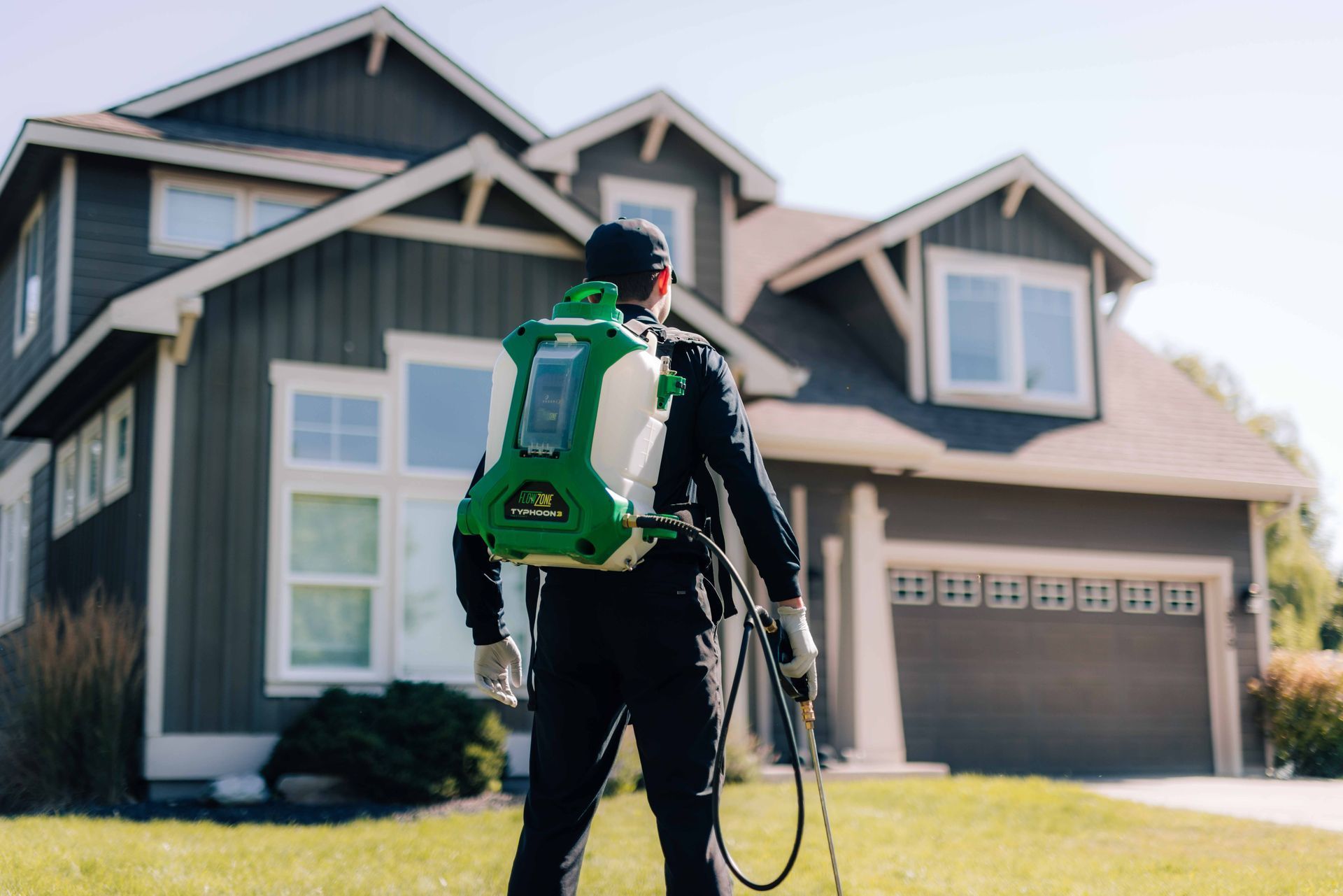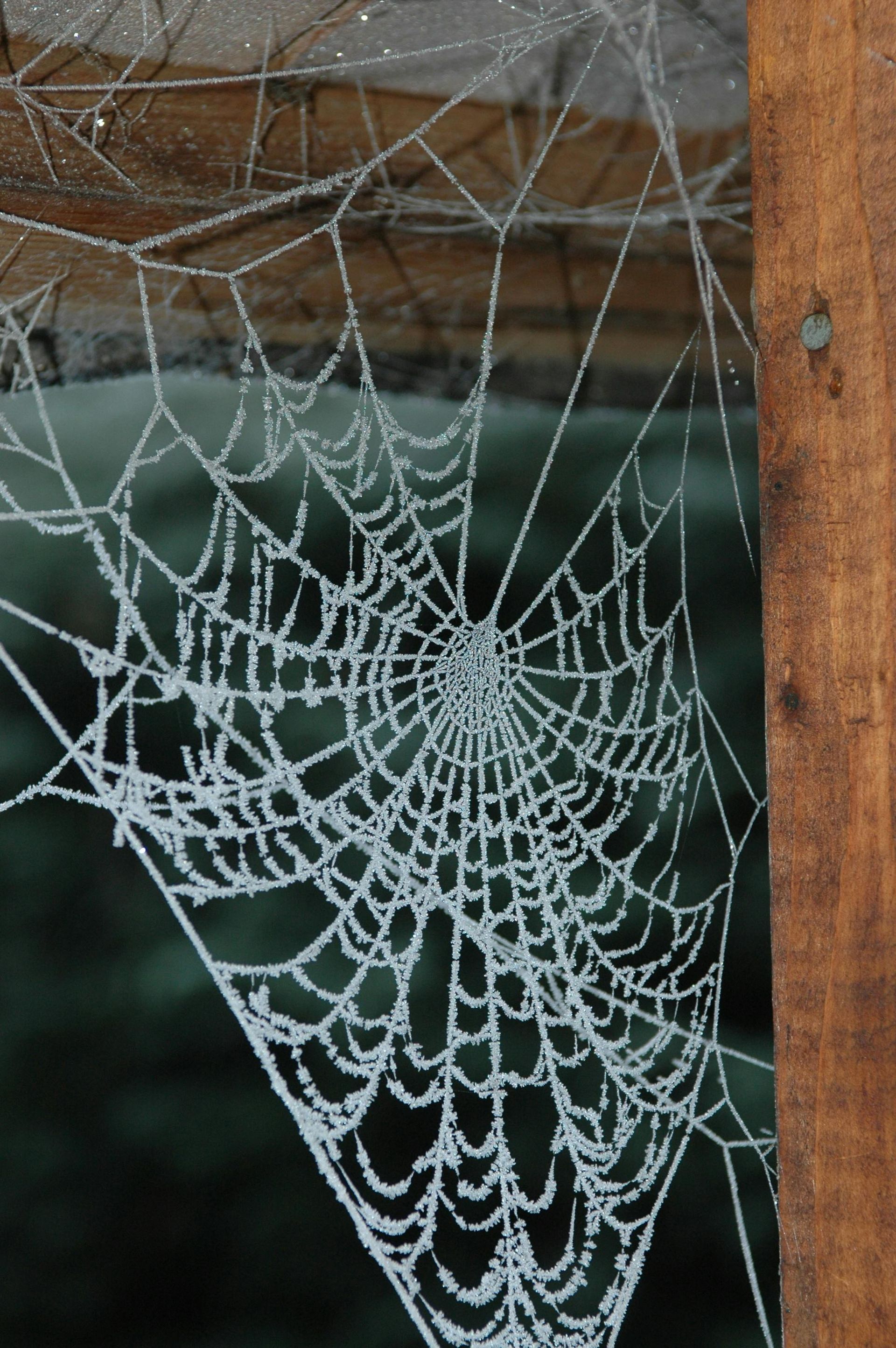Why Do I Have So Many Spiders in My House?
Understanding the Causes of Spider Infestations and How to Keep Them Out

Spiders are a common household nuisance, and if you’re seeing an increasing number of them inside, you might be wondering why. While most spiders are harmless and even beneficial in controlling other insects, their presence in large numbers can be unsettling. If you're asking yourself, "Why do I have so many spiders in my house?", this blog post will break down the reasons behind spider infestations and provide practical solutions to keep them out.
Why Are Spiders Invading My Home?
1. Spiders Are Seeking Shelter from the Weather
Seasonal changes play a major role in why spiders enter homes. During colder months, they move indoors in search of warmth, while in the summer, they may seek shelter from extreme heat. If you notice more spiders in your home during certain times of the year, it’s likely due to shifting temperatures driving them inside.
2. Your Home Provides a Reliable Food Source
Spiders primarily feed on insects, such as flies, mosquitoes, ants, and other small pests. If you have a recurring spider problem, it could be a sign of an underlying pest infestation. Since spiders thrive where food is abundant, reducing the insect population in your home can significantly lower spider activity.
3. Your Home Has Plenty of Hiding Spots
Spiders prefer undisturbed areas where they can spin their webs and hunt. Cluttered basements, attics, garages, and storage areas make ideal hiding spots. If your home has many unused spaces filled with boxes, old furniture, or rarely moved items, you may unknowingly be creating a perfect environment for spiders.
4. Easy Access Points Allow Spiders Inside
Spiders can squeeze through tiny cracks, gaps in windows and doors, and vents without screens. If your home has unsealed entry points, spiders can easily make their way inside. Once indoors, they settle into corners, crawl spaces, and other dark areas.
5. Outdoor Landscaping Can Attract Spiders
The environment surrounding your home plays a huge role in spider activity. Overgrown bushes, tall grass, firewood stacks, and piles of leaves create an ideal habitat for spiders. If these are too close to your home, spiders may naturally migrate indoors in search of new shelter.
How to Get Rid of Spiders in Your House
If you’re dealing with an increase in spiders, there are several effective ways to control and prevent them from taking over your home.
1. Seal Entry Points
Blocking spider entry points is one of the most effective ways to prevent them from coming inside.
✔ Inspect doors, windows, and foundation cracks for gaps.
✔ Use caulk to seal cracks and small openings.
✔ Install door sweeps and repair any damaged window screens.
2. Reduce the Insect Population
Since
spiders rely on insects for food, cutting down their food source will naturally drive them away.
✔ Keep kitchen counters and floors clean to prevent attracting flies and ants.
✔ Use insect repelling lights outdoors to reduce bugs around your home.
✔ Consider professional pest control if you suspect an underlying insect problem.
3. Keep Your Home Clean and Clutter Free
Spiders thrive in cluttered, dark spaces. Reducing their hiding spots can make your home less attractive to them.
✔ Vacuum regularly, especially in corners, under furniture, and along baseboards.
✔ Declutter storage spaces like basements, attics, and garages.
✔ Store items in sealed plastic bins instead of cardboard boxes.
4. Remove Spider Webs Regularly
By frequently clearing out spider webs, you discourage spiders from settling in.
✔ Use a broom or vacuum to remove webs from ceilings, corners, and under furniture.
✔ Check outdoor areas around windows, doorways, and porches for new webs.
5. Use Natural Spider Repellents
Several natural remedies can help repel spiders from your home.
✔
Peppermint Oil: Spiders dislike the strong scent. Mix a few drops with water and spray in spider-prone areas.
✔
Vinegar Solution: A mix of white vinegar and water can disrupt spider trails and discourage them from returning.
6. Maintain Your Yard to Keep Spiders Away
If spiders are gathering outside your home, they’re more likely to find a way inside.
✔ Keep bushes and shrubs trimmed back from your home’s foundation.
✔ Move firewood piles and leaf litter away from the house.
✔ Turn off outdoor lights at night or use yellow insect repellent bulbs to reduce flying bugs.
When Should You Call a Pest Control Professional?
If you’ve tried these prevention methods but still see an excessive number of spiders, or if you’re dealing with dangerous species like black widows or brown recluses, professional pest control may be necessary. A trained exterminator can identify the type of spiders in your home, locate hidden infestations, and apply targeted treatments to eliminate them.
Final Thoughts
Spiders in the home can be unsettling, but they are often a sign of other underlying factors, such as an insect infestation, cluttered spaces, or easy access points. By understanding what attracts spiders and taking proactive steps to remove them, you can significantly reduce their presence in your home.
If you're struggling with a spider infestation or want a more permanent solution, consider reaching out to a professional pest control service to help keep your home spider free all year long.
Would you like to know more about specific types of spiders in your area? Let us know in the comments!
Frequently Asked Questions (FAQ)
1. Why do I suddenly have so many spiders in my house?
Spiders often enter homes in search of shelter, food, and warmth. If you notice a sudden increase, it could be due to seasonal changes, an abundance of insects in your home, or cluttered spaces providing hiding spots.
2. Do spiders mean my house is dirty?
Not necessarily. Even clean homes can attract spiders if there are insects present. However, clutter and unsealed entry points can make your home more inviting to spiders.
3. What attracts spiders to my home?
Spiders are drawn to dark, undisturbed areas, easy entry points, and an available food supply (insects). Reducing these factors can help minimize their presence.
4. How can I naturally repel spiders?
Natural remedies like peppermint oil, vinegar sprays, and diatomaceous earth can help deter spiders. Keeping your home clean, sealing cracks, and removing spider webs also play a significant role in keeping them away.
5. When should I call a pest control professional for spiders?
If you’re dealing with a large number of spiders, notice venomous species, or have tried DIY methods without success, it’s best to call a professional pest control service for a long-term solution.




Contact
Weekdays
9 AM - 5 PM
Saturday
9 AM - 5 PM
Sunday
Closed
All Rights Reserved | Organix Pest Control






